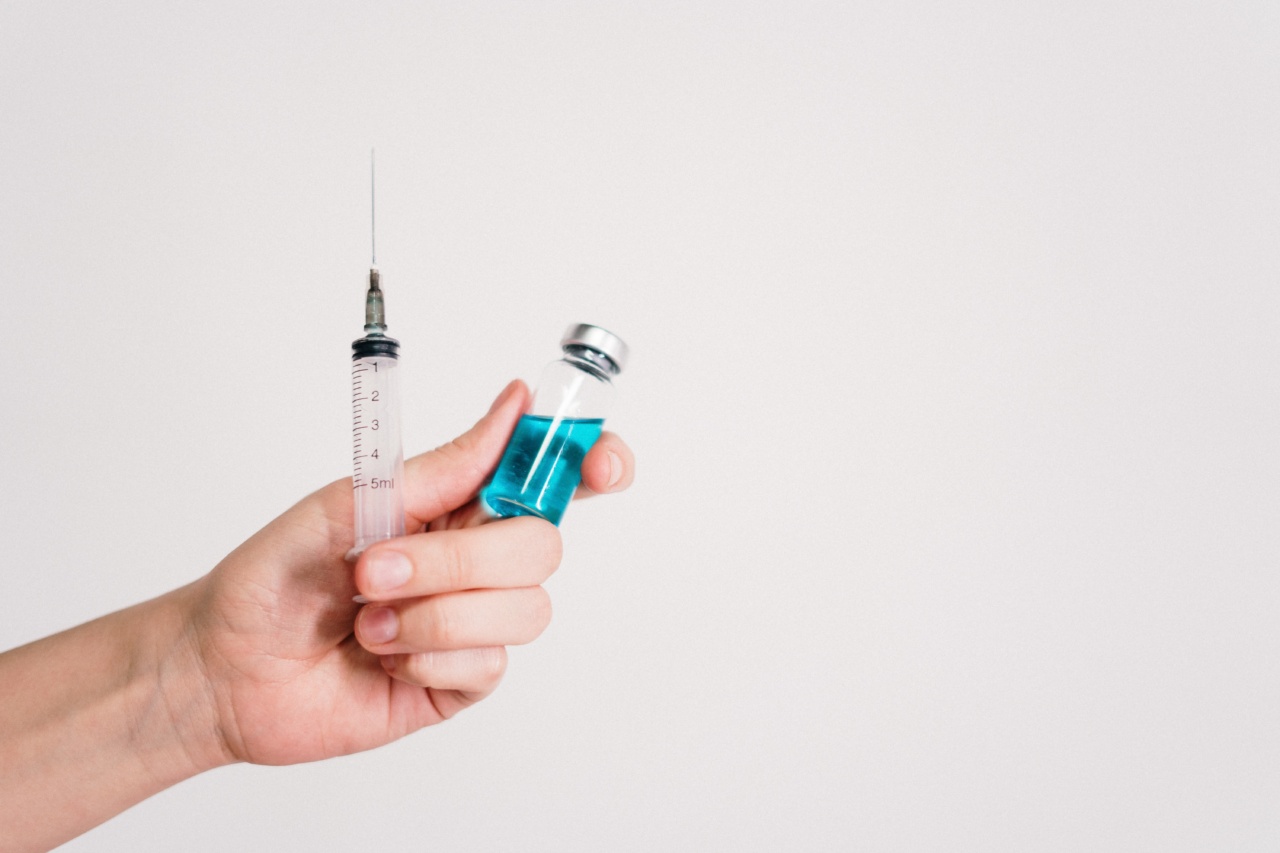Measles is a viral infection that is highly contagious and can spread quickly. It is usually a childhood disease, but anyone who has not been vaccinated or who has not had measles in the past can get it.
This article will discuss the symptoms, treatments, and prevention methods for measles.
Symptoms
The symptoms of measles typically appear about 10–12 days after exposure to the virus. They usually begin with a high fever, cough, runny nose, and red, watery eyes.
Three to five days later, a rash will develop, usually beginning on the face and spreading downward over the body. The rash may last for up to a week and may be accompanied by other symptoms, such as:.
- Sore throat
- Muscle aches
- Tiredness and fatigue
- Loss of appetite
- Koplik’s spots (small white spots inside the mouth)
In severe cases, measles can cause complications such as pneumonia, encephalitis, and even death. Infants, pregnant women, and people with weakened immune systems are particularly at risk of developing severe symptoms or complications from measles.
Treatments
There is no specific treatment for measles, but the symptoms can be managed with various medications and therapies. Over-the-counter pain relievers can help reduce fever and relieve muscle aches.
Rest, plenty of fluids, and a humidifier may also help relieve symptoms. If you or your child are experiencing severe symptoms, such as trouble breathing or dehydration, you should seek medical treatment.
Antibiotics are not effective against the measles virus, but they may be used to treat secondary bacterial infections that can develop as a result of measles. In some cases, antiviral medications may be prescribed to help speed up recovery.
Prevention
The best way to prevent measles is through vaccination. The measles vaccine is highly effective and is usually given as part of the MMR (measles, mumps, and rubella) vaccine.
The first dose is typically given between 12 and 15 months of age, and the second dose is given between 4 and 6 years.
If you are not sure if you or your child has received the measles vaccine, you should talk to your healthcare provider. They can provide advice on whether or not vaccination is necessary.
Other prevention measures include avoiding contact with people who are sick, covering your nose and mouth when coughing or sneezing, and washing your hands frequently with soap and water.
If you or your child has measles, you should stay home from school or work until the rash has cleared and you are no longer contagious.
Conclusion
Measles is a serious and highly contagious disease that can have severe complications. The symptoms can be managed with various medications and therapies, but prevention is the best approach.
Vaccination is the most effective way to prevent measles, and other prevention measures should also be followed to minimize the risk of infection. If you or your child are experiencing symptoms of measles, you should seek medical treatment promptly.































